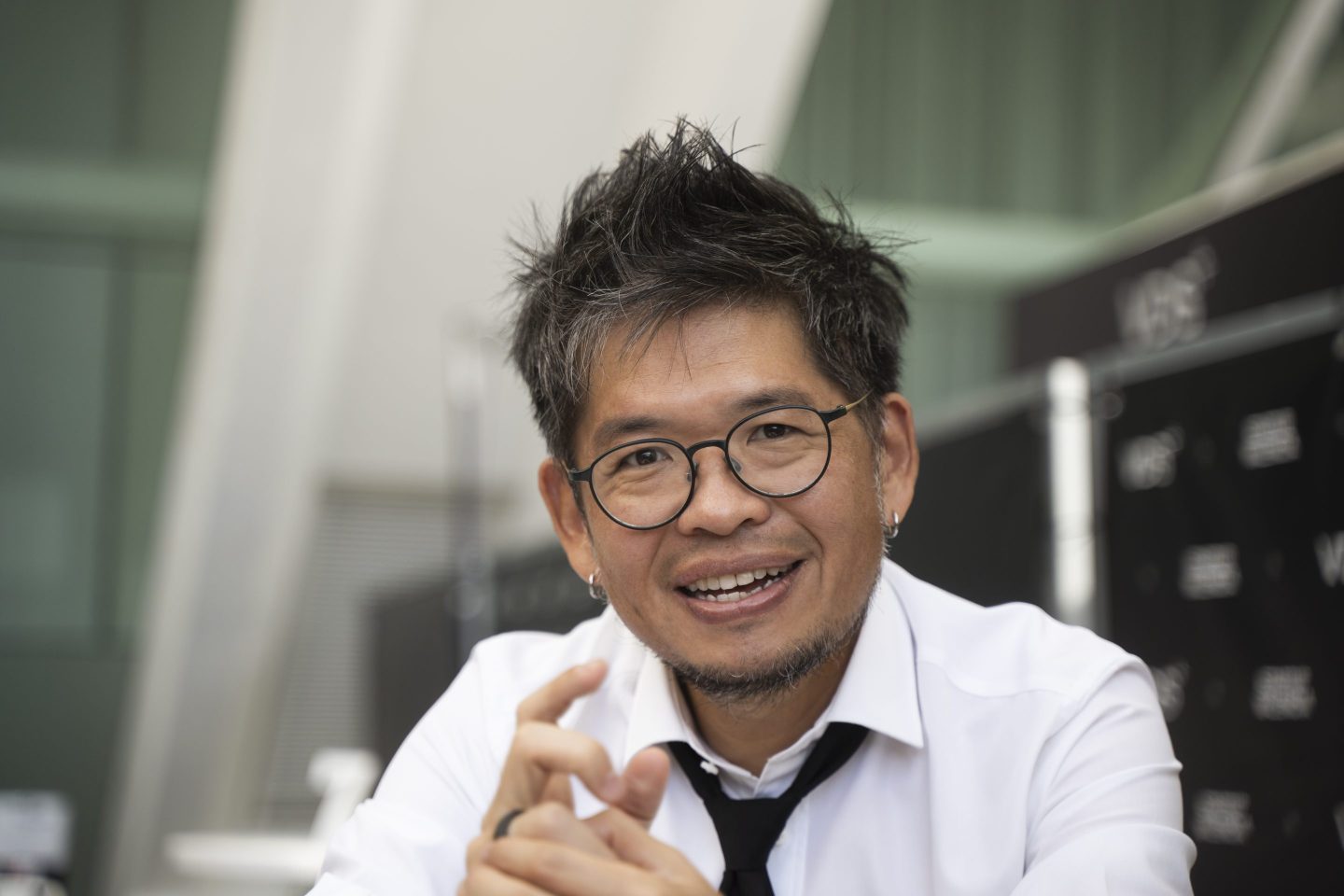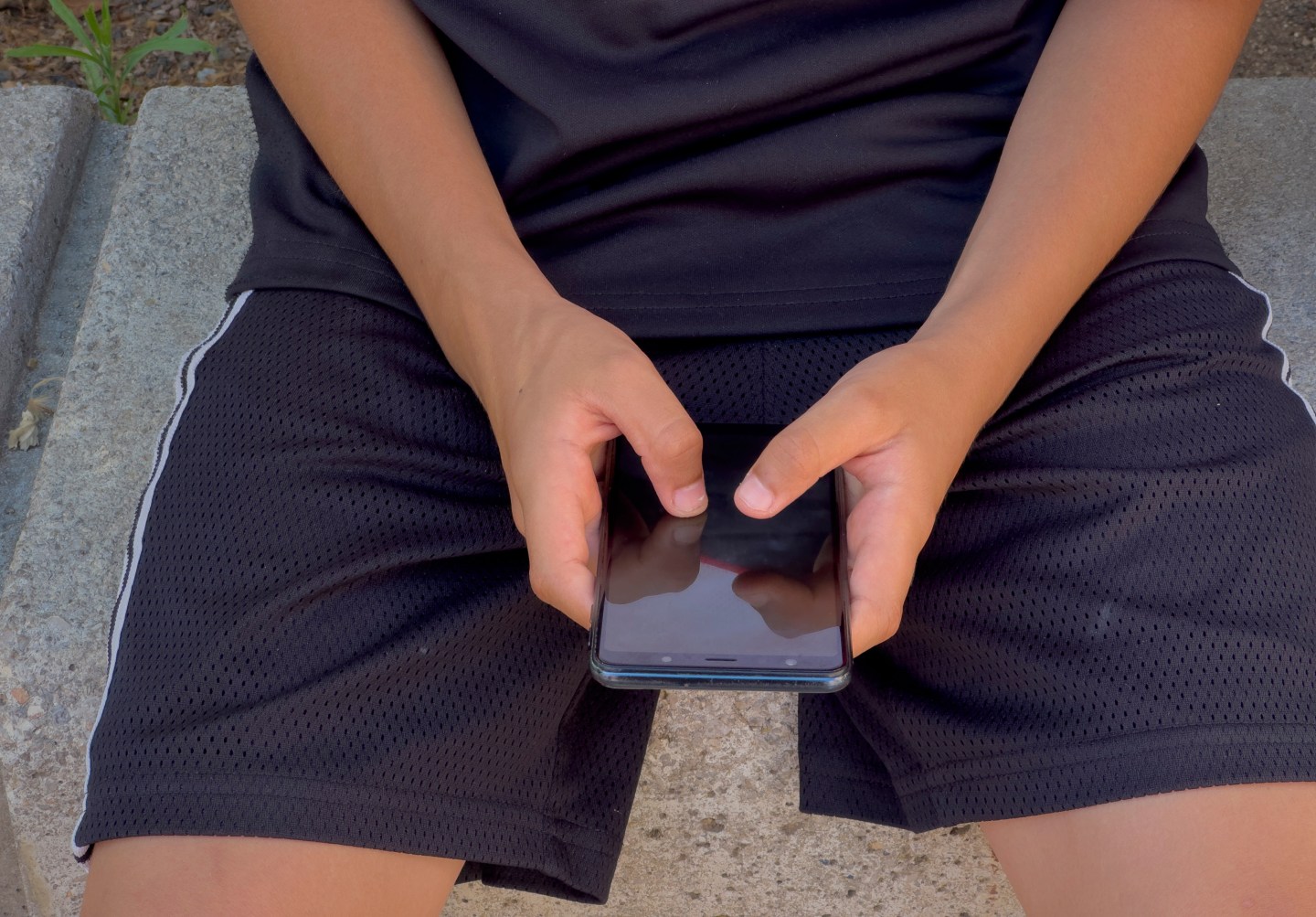City authorities in Beijing—China’s capital and the host city of the upcoming 2022 Winter Olympic Games—are requiring all residents who bought cold medicine to undergo COVID-19 testing within 72 hours of their purchase, the Beijing Municipal Health Commission announced on Sunday.
Residents who don’t comply with the testing order will face movement restrictions, the Commission said. Residents who purchased common cold medicine to help with coughs and sore throats, along with antivirals and antipyretics (medicine like ibuprofen, which helps headache and fever), will be responsible for undergoing testing—and will receive a notification via the state’s contact tracing app to get tested, says a Bloomberg report.
In mainland China—one of the last places in the world that adheres to a strict zero-COVID policy—government authorities track citizens through a contact tracing app to help contain COVID-19 infections. The state-mandated app requires all citizens to input their phone numbers and government identification (whether their passport or national ID card number) and fill out a questionnaire about their travel history and current symptoms. The app assigns each citizen a color code, which dictates if, and where the person is allowed to travel, or orders the person to stay home.
In recent weeks, COVID flareups have hit several Chinese cities—including Beijing—and officials have responded with stringent measures as they attempt to stamp out infections ahead of the Olympic Games, which begins in less than two weeks.
In Xi’an, a city in central China, authorities only recently lifted a city-wide lockdown that trapped its 13 million residents at home for a month. At the same time, Beijing officials have also launched a mass testing drive in the city’s Fengtai district—home to two million people—where the majority of Beijing’s COVID cases have been detected in the last 10 days. Meanwhile in Shanghai, shoppers were trapped in Uniqlo, a popular Japanese clothing chain, for two days while city authorities tested them for COVID-19 after one positive case visited the shop.
While China’s current situation is “controllable, the current epidemic prevention situation is still grim and complicated… the city must act proactively and swiftly,” said Xu Hejian, spokesperson for the Beijing city government.
Organizers of the Beijing Olympic games on Monday confirmed 78 positive COVID cases among Olympics personnel who arrived in the city from Jan. 4 to Jan. 23 via its “closed loop” travel system which separates the Games personnel from regular travelers. One identified case was an individual who is an athlete or team official.
Meanwhile in the special autonomous region of Hong Kong—which is also sticking to a zero-COVID policy—city authorities are trying to snuff out the virus through mass lockdowns of residential buildings, social distancing measures, and even a mass cull of hamsters and other small animals.
Beijing’s health commission added that the “flow of people is more frequent as the Spring Festival (China’s New Year holiday, when residents usually travel home) is approaching. The Winter Olympics… are about to be held, and the epidemic prevention and control cannot be relaxed for a moment. We hereby remind the citizens to earnestly enhance their awareness and fulfill their personal responsibility for prevention and control.”
Never miss a story: Follow your favorite topics and authors to get a personalized email with the journalism that matters most to you.










